

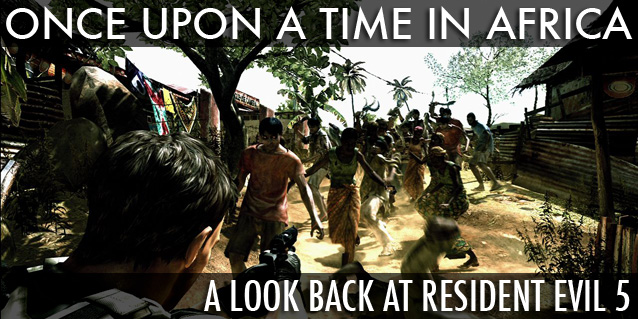
One of the most influential and outright best games of the past decade was without a doubt Shinji Mikami’s total overhaul of Resident Evil with the series’ fourth proper installation (not counting all the remakes, Zero, Code Veronica and Online). So when Resident Evil 5 came around, it was met with some very high expectations. The game had already been part of some controversy due to its setting and treatment of it - at least from what could be guessed from early trailers and in-game footage - which led to some racism awareness groups and journalists to go to full alert almost a year before the game had even been released.
Those controversies notwithstanding, the final game was perceived as something of a letdown. While being a very beautiful looking game, the mechanics hadn’t evolved much since part 4. Which, given that Resident Evil 4 had influenced Gears of War’s frantic third person combat mechanics by the time of 5’s release seemed like a step backwards. It didn’t help either that Gears of War in turn had inspired pretty much every other third person action game with shooting in it with regard to mechanics.
In hindsight, it seemed like Mikami and his team had spent the time since their last game in a bubble, unaware of what had happened in the rest of the gaming world. While Resident Evil 5 sported some decent coop mechanics, the basic run and gun mechanics hadn’t been changed. Running and gunning at the same time remained impossible, item management was still somewhat messy, and the game really had become even more action heavy than its predecessor.
The noteworthy thing is that, seen on its own merit, Resident Evil 5 is in fact still a very good game. The story is silly (it’s Resident Evil, it’s supposed to be silly) and the environments are beautiful. The combat is quite thrilling, fast paced and even more panic inducing due to the fact that there are really a LOT of zombies and here the inability to run and shoot at the same time actually helps with upping the horror level. The game’s problem is that it was released seemingly without ever taking the evolution its predecessor had kicked off in third person action games into consideration.
So by comparison, the game seemed tired, sloppy and a step in the wrong direction with regards to mechanics. In comparison there were better games out there doing similar things without what seems, by today’s standards, like artificial constraints to a game that needed much more fluid controls. Resident Evil 4 originally had been developed for the Gamecube, which didn’t feature a second analog stick, which in turn explains the lack of running while shooting. With Resident Evil 5 being developed for consoles whose players had long since gotten used to dual analog controls, this could only feel like a step backwards. The controls work well enough, yet they do still feel a bit outlandish on a system that is not the Gamecube with its rather particular controller.
The next game in the series, which has just recently been announced, will have to innovate in all the right places for the series to remain relevant. There is not yet enough material out there to make educated guesses towards what the actual gameplay will be like.
Personally though, I hope the designers are aware of the gaming world outside of Capcom, and indeed of the gaming world outside of Japan this time around.
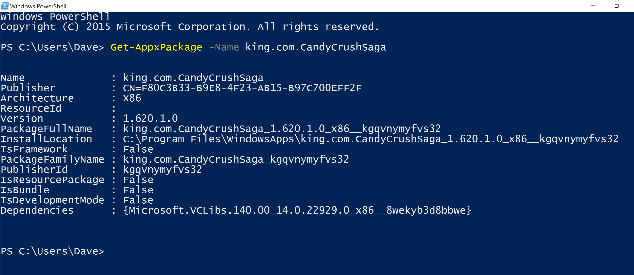
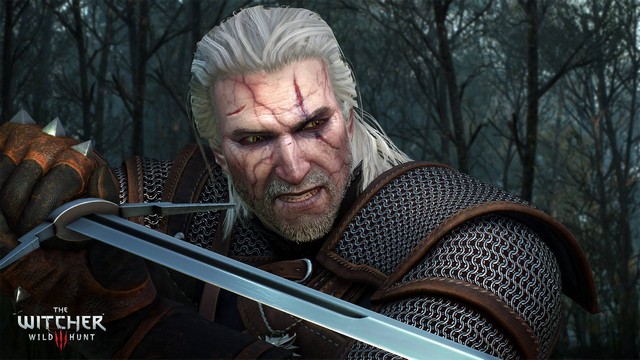


 6 Microsoft Tactics to Make You Upgrade to Windows 10
6 Microsoft Tactics to Make You Upgrade to Windows 10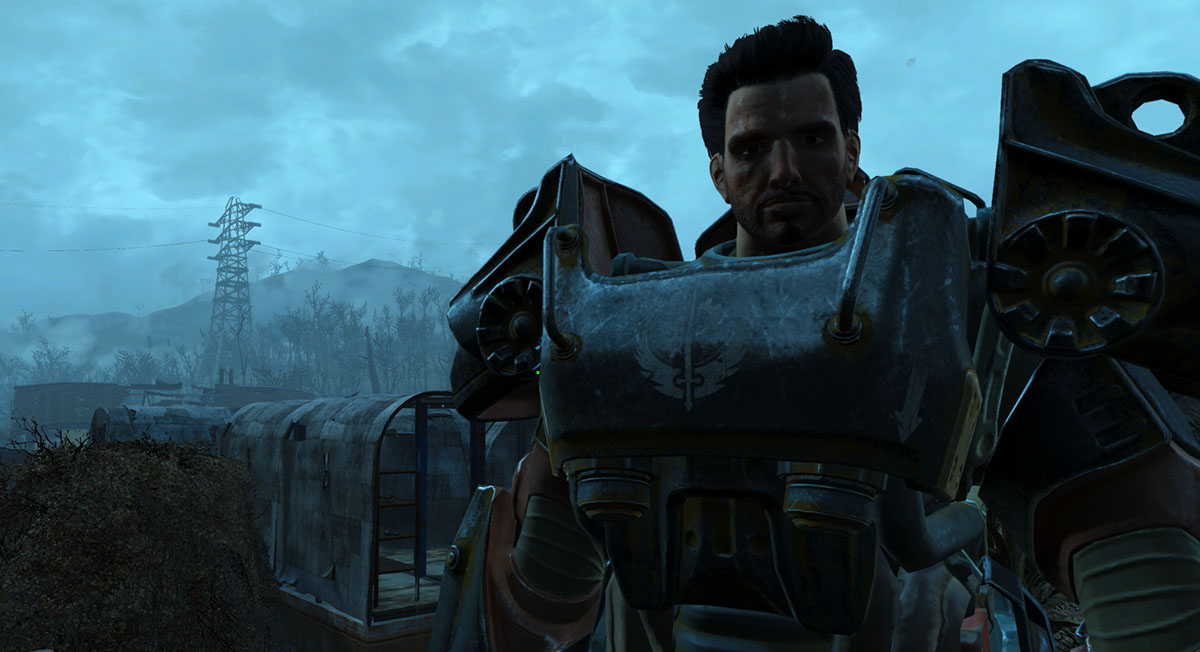 Fallout 4 Guide: How to Romance Paladin Danse
Fallout 4 Guide: How to Romance Paladin Danse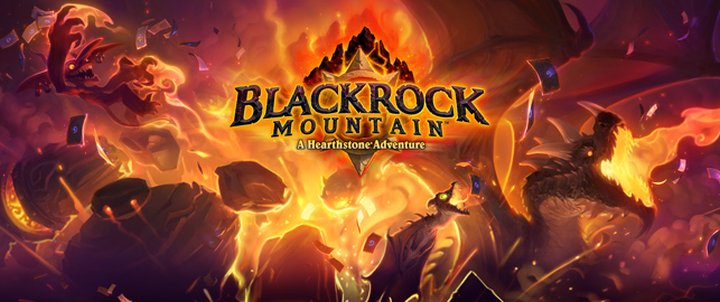 Hearthstone Guide: Best Blackrock Mountain Cards
Hearthstone Guide: Best Blackrock Mountain Cards Top Crusader Armor Build in Diablo 3 Ultimate Evil Edition
Top Crusader Armor Build in Diablo 3 Ultimate Evil Edition Fix YouTube videos at 60 FPS stuttering on Google Chrome
Fix YouTube videos at 60 FPS stuttering on Google Chrome